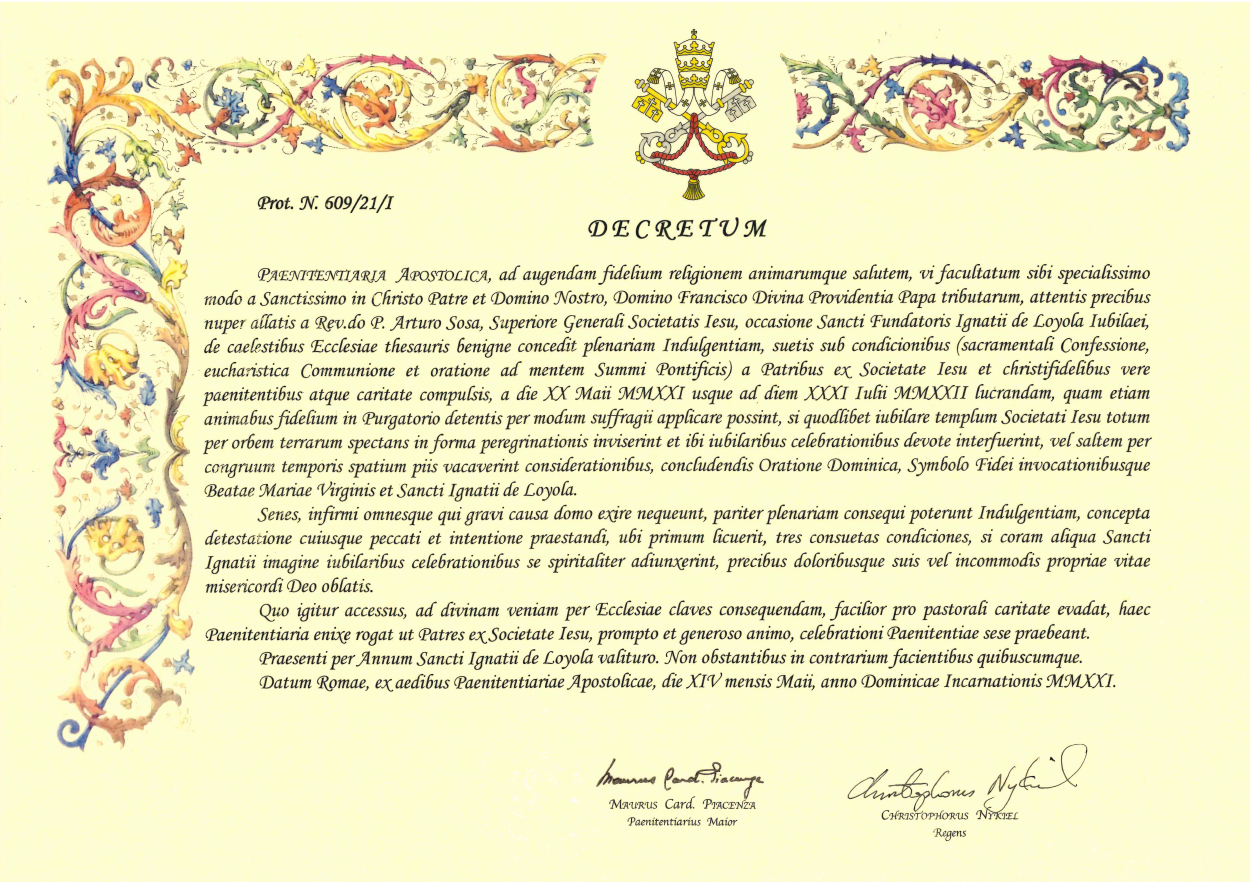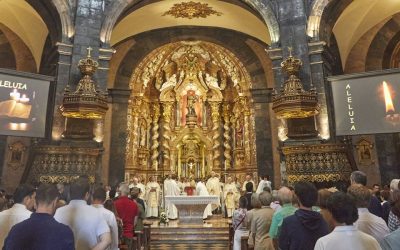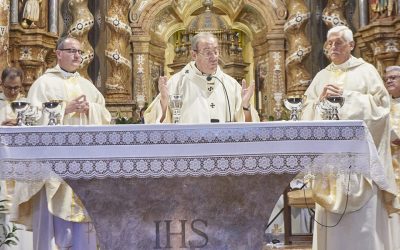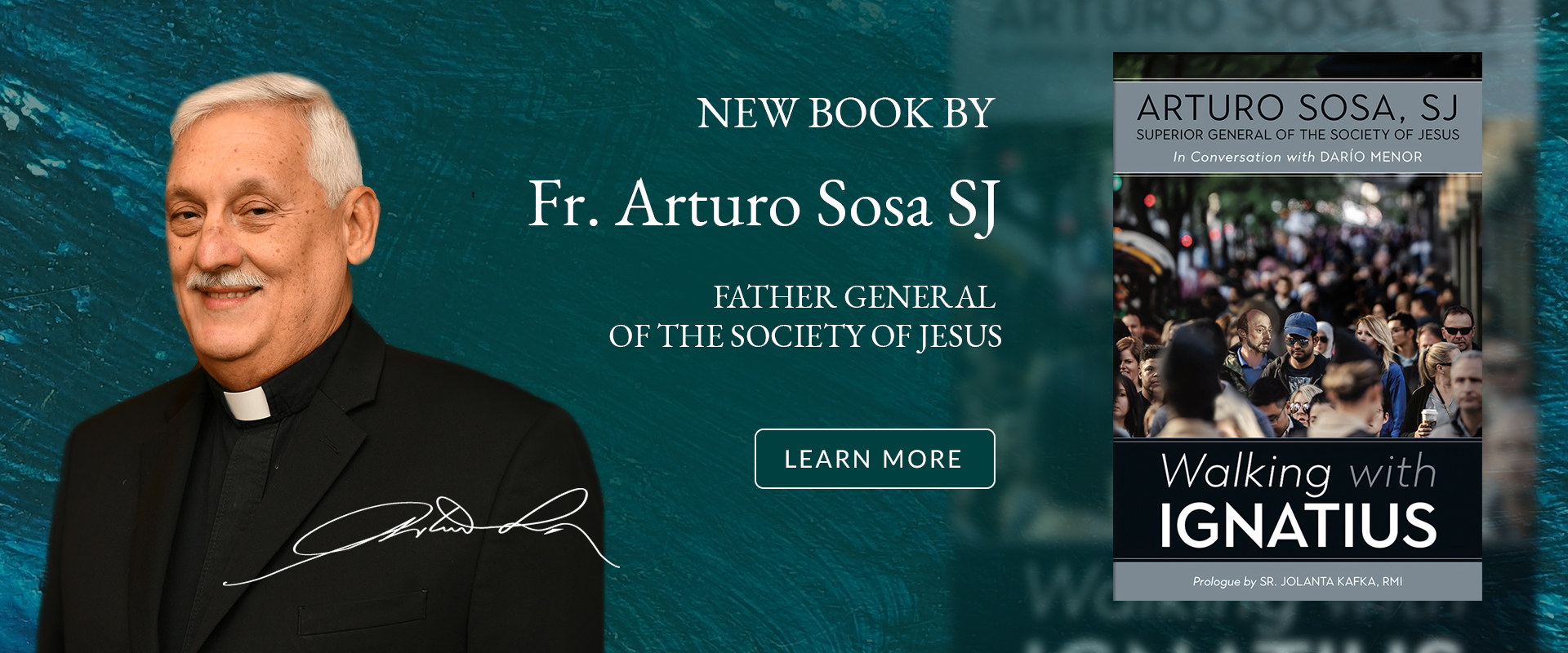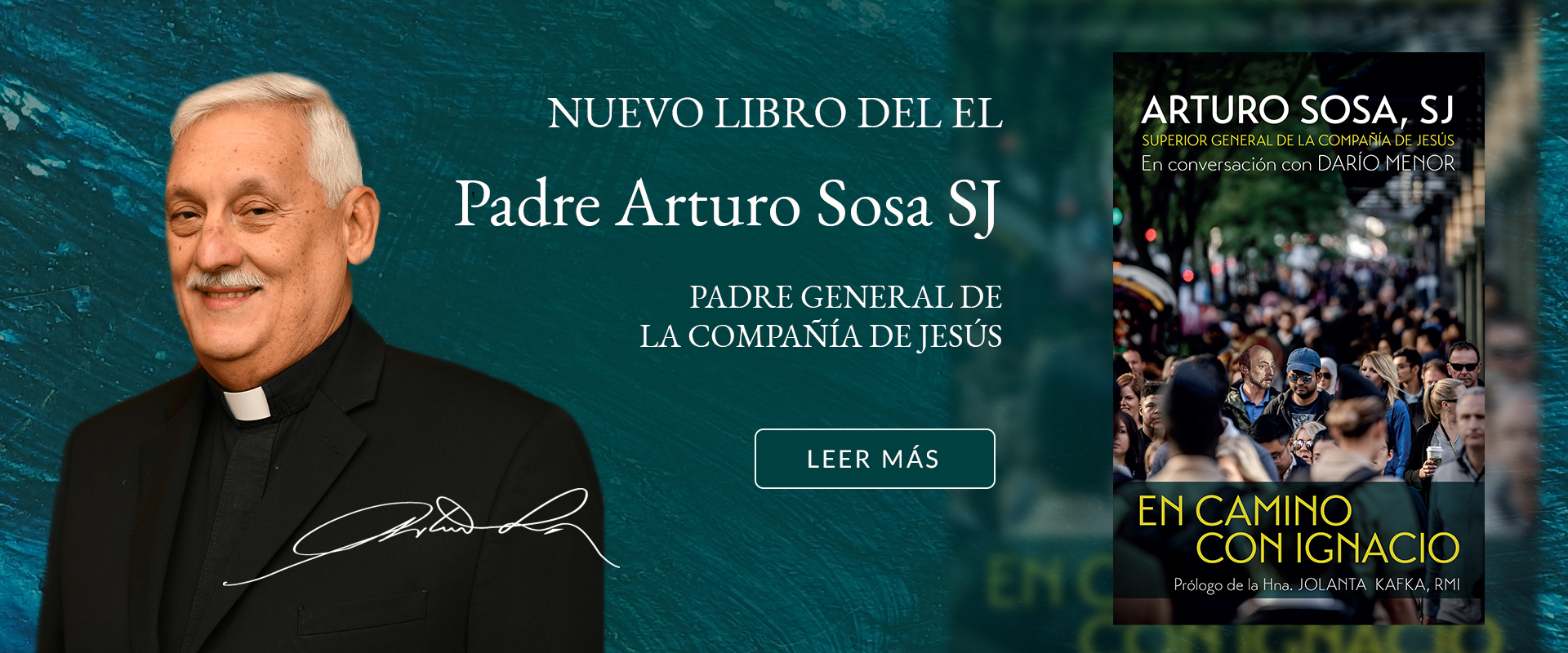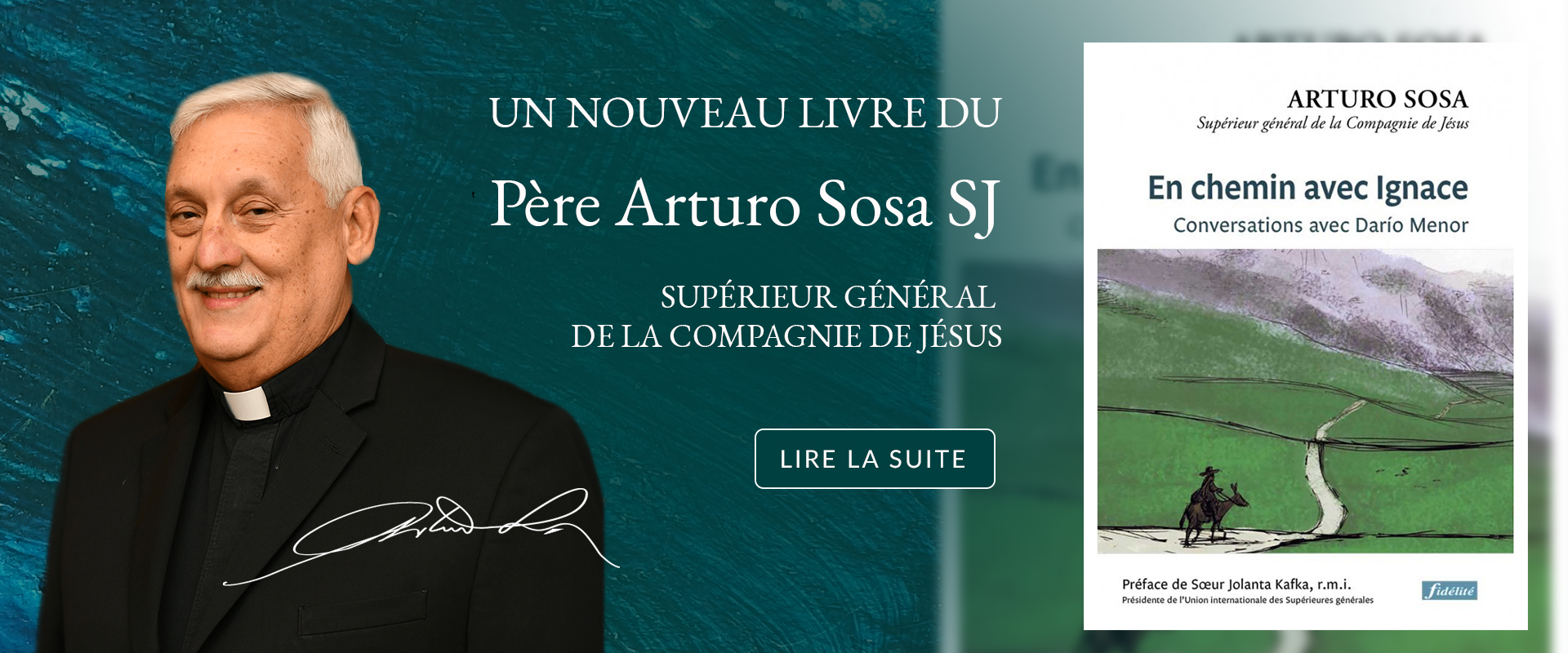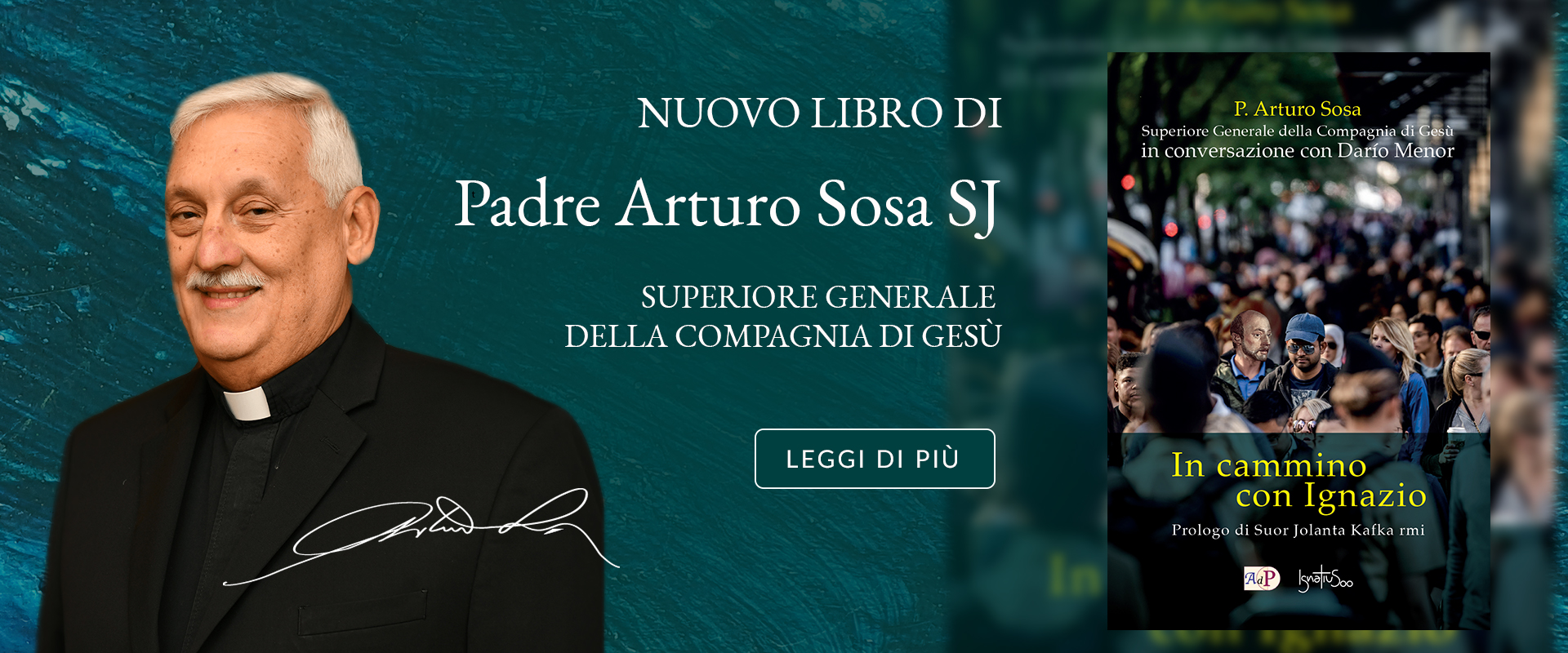For the Ignatian Year, the Holy See has granted a plenary indulgence. Benoît Malvaux explains what this means today.
On the occasion of the jubilee of the 500th anniversary of the conversion of St. Ignatius and the 400th anniversary of his canonization, the Holy See, in response to a request from Father General, has granted a plenary indulgence to the faithful who will visit the churches and oratories of the Society of Jesus during the jubilee year. This news will undoubtedly cause perplexity, even a certain uneasiness, among many companions and friends of the Society. What exactly is this about? Have we returned to the time of the construction of St. Peter’s Basilica, financed in part by a traffic in indulgences that provoked Luther’s legitimate indignation?
Today, the Church certainly no longer wishes to monetize indulgences, but she has not for all that renounced her doctrine on the subject. St. Paul VI dedicated an Apostolic Constitution to indulgences in 1967 and this is the subject of developments both in the Code of Canon Law and in the Catechism of the Catholic Church. Thus the topic of indulgences is worth exploring. How does the Church understand indulgences today? How does the granting of a plenary indulgence for the Ignatian year concern us?
The Catechism of the Catholic Church is particularly enlightening in this regard. In no. 1471, it defines an indulgence as the remission before God of temporal punishment for sins for which forgiveness has already been given. No. 1472 makes this definition explicit, starting from the double consequence of sin. If the sin is serious, it deprives one of communion with God. The forgiveness received in the sacrament of reconciliation makes it possible to recover this communion. However, sin also illustrates an unhealthy attachment to certain realities, which sacramental forgiveness does not automatically remove. To be freed from this attachment, it is necessary to undergo a process of purification. Eventually, this purification will be fully realized in the afterlife – so it corresponds to what is called purgatory. But it can also begin here on earth, if sinners who have already been forgiven takes concrete steps to free themselves from this attachment. On this journey, they can be supported by the prayers of others, within the framework of the communion of saints, just as they themselves can pray for others who are on the same journey.
The indulgence in question here can be seen as a proposal made by the Church, at a symbolically important moment, to help people advance on this path of purification. The Church has become accustomed to offering such an indulgence during the Holy Years, which normally take place every 25 years. But she can also offer it on other occasions, as will be the case for the Ignatian Jubilee Year. During this privileged time, Christians are invited to take a particular step that expresses their desire to advance on this path of liberation from unhealthy attachments. This process involves going to a specific place (in the case of the Ignatian Jubilee Year, to a church or oratory of the Society of Jesus), in order to experience the sacrament of reconciliation, to receive communion during a Eucharist and to pray for the Pope’s intentions. For those who are ill or unable to move about, it is possible to experience the same process while remaining at home, praying, for example, in front of an image of Saint Ignatius. The spirit in which to live this process will be to offer to the Lord the desire to free oneself more and more from unhealthy attachments, that prevent one from living fully the values of the Gospel; further, we entrust ourselves to the intercession of the living and the dead, in the communion of saints.
Such a step is of course left to the freedom of each person. Those who are uncomfortable with this understanding of the consequences of sin or who consider this approach to be outdated can quite legitimately refrain from using it. However, the Ignatian Jubilee Year can also be, for those who wish to do so, an opportunity to become aware that the forgiveness received in the sacrament of reconciliation, whether regularly or occasionally, is not enough to remove all unhealthy attachments; a more specific process of purification, drawing on the communion of saints, can help in moving forward in this direction. It is up to each person to see what will help him or her to progress on the path of holiness.

